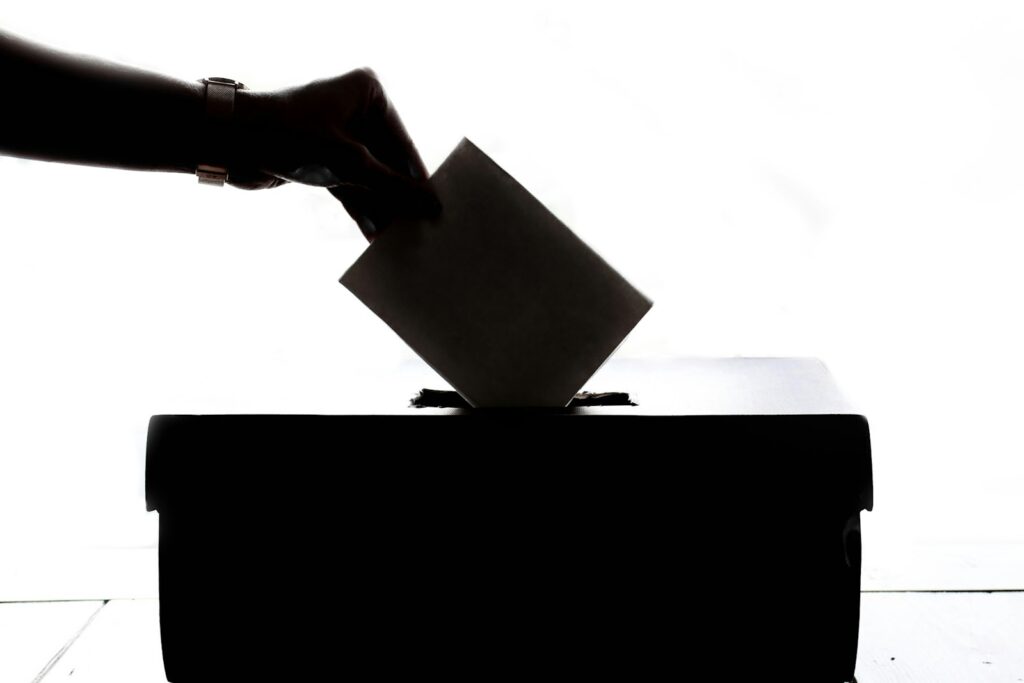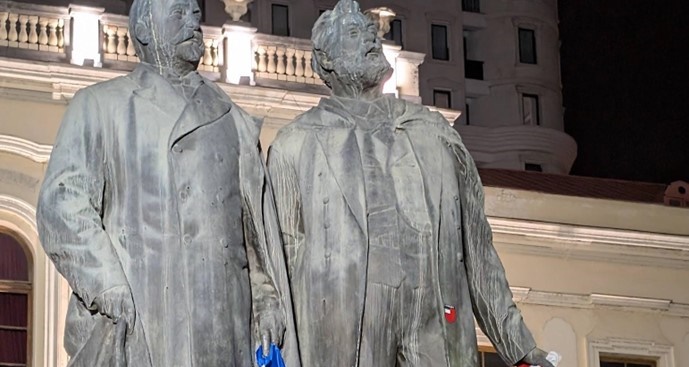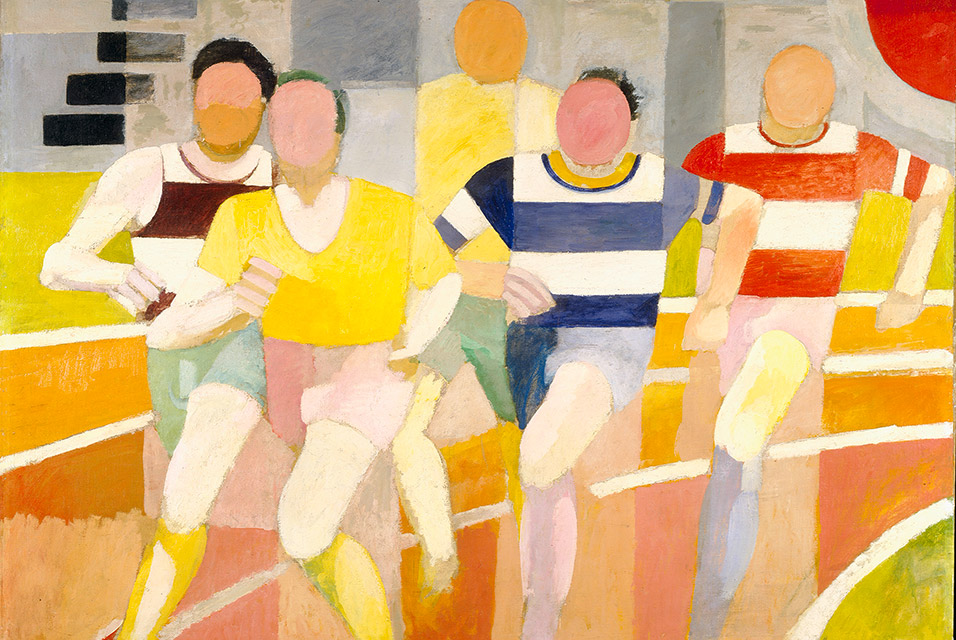
Winning the Youth: Lessons from Zohran Mamdani for European Politics
Right-wing populism has been on the rise in Europe, and despite some exceptions, it doesn’t seem to be backing out. The group of people that seems to be most convinced by radical right-wing ideas is the youth - people aged 18 to 29. In the US, however, an unexpected change in this regard was initiated by Zohran Mamdani, currently mayor-elect of NYC. In the recent mayoral election 78% of people aged 18-29 voted for Mamdani, a democratic socialist.











